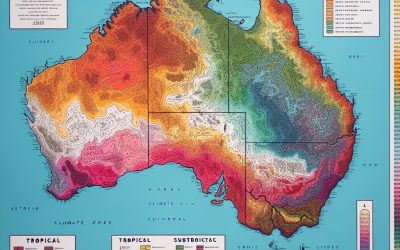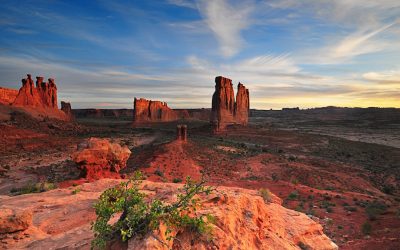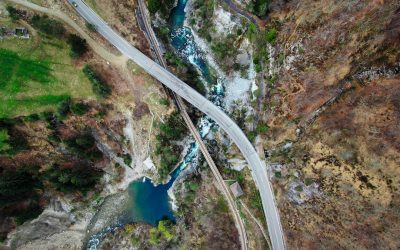Climate Zones Of Australia: Different Climate Regions Of Australia
Australia is a vast and diverse country, known for its unique wildlife, stunning landscapes, and extreme weather conditions. The country is home to a wide range of climate zones, each with its own distinct characteristics and weather patterns. Understanding these...
Roman Numerals
Roman numerals are a numerical system that originated in ancient Rome and were used throughout the Roman Empire. The system is based on a combination of letters from the Latin alphabet to represent numbers. The use of Roman numerals dates back to around the 7th...
Terrain and Topography Of Australia: Mountains, Valleys, and Plains in Australia.
Australia is a vast and diverse country, known for its unique and varied terrain. From the rugged mountains of the Great Dividing Range to the barren wilderness of the Nullarbor Plain, Australia‘s geography plays a crucial role in shaping its climate,...
Negative Numbers
Negative numbers are a fundamental concept in mathematics that represent values less than zero. They are denoted by a minus sign (-) placed before the number. The concept of negative numbers has been around for thousands of years and has evolved over time. The...
Population Density Of Australia
Australia, known for its vast landscapes and unique wildlife, is also home to a relatively small population compared to its land size. With a population of approximately 26 million people, Australia has a population density of around 3 people per square kilometer....
The Remarkable Properties of Osmium: Uncovering the Lesser-Known Element of the Periodic Table
Osmium, a chemical element with the symbol Os and atomic number 76, is often overlooked in discussions about the periodic table. It is a transition metal that belongs to the platinum group, which also includes elements such as platinum, palladium, and iridium. Osmium...
Ordering Numbers
Understanding how to order numbers is a fundamental skill in mathematics. Whether it’s arranging a list of numbers in ascending or descending order, comparing numbers using greater than and less than symbols, or ordering fractions and decimals, the ability to...
Key Stage 2 Maths for Ages 7 to 11
Key Stage 2 is a crucial stage in a child’s education, as it is the period when they transition from the foundational skills learned in Key Stage 1 to more complex concepts and topics. In the United Kingdom, Key Stage 2 covers children aged 7 to 11 years old,...
Uncovering the Remarkable Properties of Rhenium (Re): A British Perspective
Rhenium (Re) is a chemical element with the atomic number 75 and the symbol Re. It is a silvery-white metal that belongs to the platinum group of elements. Rhenium has a high melting point of 3,180 degrees Celsius and a density of 21.02 grams per cubic centimeter,...
Shining a Light on Tungsten: The Versatile Metal That Illuminates Our World
Tungsten is a crucial element in the world of illumination. It plays a vital role in providing efficient and long-lasting lighting solutions across various industries. Whether it is in light bulbs, LED lighting, automotive lighting, photography and film, industrial...
Tantalizing Tantalum: Exploring the Applications and Properties of Ta in Modern Technology
Tantalum is a rare and valuable metal that has played a significant role in various industries. It was first discovered in 1802 by Swedish chemist Anders Ekeberg, who named it after Tantalus, a Greek mythological figure. Tantalum is known for its high melting point,...
Suffolk, England
Located on the eastern coast of England, Suffolk is a county known for its rich history, natural beauty, and cultural offerings. With its picturesque landscapes, charming towns and villages, and vibrant arts scene, Suffolk has something to offer every visitor. Whether...











